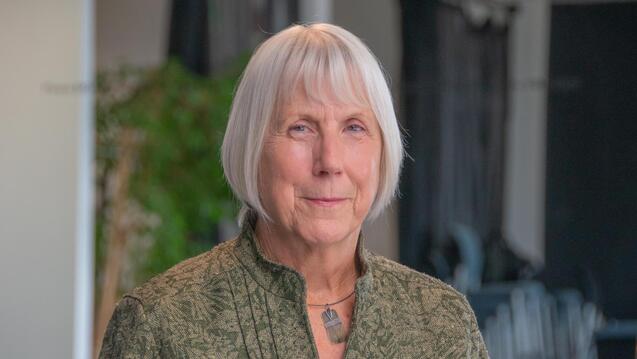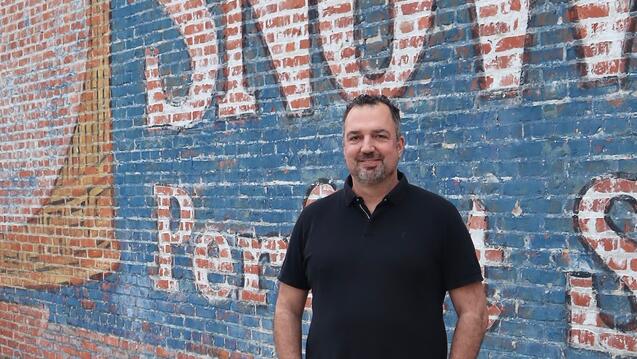Dr. Janis Phelps founded the world's first academically approved psychedelic therapy training program, preparing clinicians for a transforming field of mental health.

Clinical Psychology's 50-Year Commitment to Whole-Person, Integral Learning
Learn more about the Psy.D. program's experientially rich clinical training and why we no longer pursue APA accreditation
California Institute of Integral Studies is no stranger to innovation, creativity, and generally marching to a different drummer. Since our inception in 1968, we have put forth cutting-edge ideas while integrating ideas and practices from the distant past and around the world at the same time. I won't itemize these instances here.
Our 50th anniversary is this year, and there is plenty of media sharing about our history and our future. One particular issue, however, is worthy of mention at this juncture.
Within the largest of our academic schools, the School of Professional Psychology and Health, we have a Clinical Psychology doctoral program leading to the Psy.D. degree that prepares our students for licensure as clinical psychologists in the state of California and many other states. We have trained more than 500 psychologists through this program, and all the while we have been accredited as a university by the Western Association of Schools and Colleges (WSCUC).
The Clinical Psychology program was, at one point during these years, accredited by the American Psychological Association (APA). However, after years of trying to graft onto APA requirements our 50-year commitment to integral teaching and learning and, in the School of Professional Psychology and Health, to depth-oriented experientially rich clinical training, we have officially and decisively declared ourselves independent from the APA.
Rooted in 50 Years of History
What this means is that we stand firmly rooted in our 50 years of history as the independent-minded institution we have always been. We have an exciting program in clinical psychology that now can fully embrace our integral teaching and learning philosophy and the commitment to depth and experiential learning. We remain accredited as a university through WSCUC. And we can still offer our students all the learning and experiences needed to prepare them to sit for licensure in the state of California (which does not require APA for licensure) and many other states.
Now our curriculum includes several additional degrees that our program previously was unable to offer. We are focusing on psychodynamic and psychoanalytic approaches as well as critical and contemporary perspectives of each. We also have a critical social justice lens and a series of inspired electives. We are strong in these areas, we always have been; and we are simply owning who we are more fully and clearly with this move.
Some people may want an APA-accredited program, and we would be happy to point them toward our colleagues, and yet we believe that there is room for more than a cognitive-behavioral, symptom-focused approach to clinical training and research such as one finds in most APA programs.
We believed in whole-person, contextualized, integral views of the human experience 50 years ago, and we still do now. We invite you to learn more about us.
Nicolle Zapien, Ph.D.
Former Dean, School of Professional Psychology and Health
Related News
Discover your fit among CIIS' five counseling psychology concentrations, each offering a unique path to becoming a transformative healer.
Playwright and activist Alex Burger brings his global experience into the CIIS MFA classroom, teaching art as transformation, and crisis as creative fuel.



